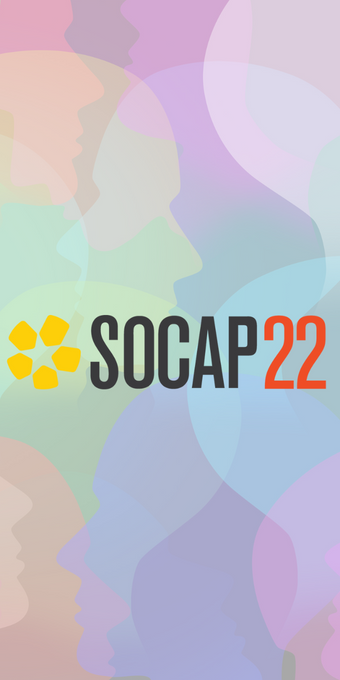SOCAP: The Impact Movement
La Piana Consulting recently announced a new partnership with the venture capital firm Cerracap Ventures and its impact arm, Cerracap Cares, to provide strategic guidance to startups with strong social impact potential. While our history and legacy has been focused on nonprofits and foundations, we recognize that there are global challenges that demand innovative, new, and creative solutions, and sometimes those solutions live outside of the social sector.
What does this mean for La Piana’s mission? It means we believe in promoting the social good wherever we can find it. We believe in solving problems and helping organizations achieve their full potential. Solving complex global challenges requires solutions that consider all hands on deck – social sector, private sector, government. We all must work together to create positive change in the world.
Duke University defines social impact as “any significant or positive changes that solve or at least address social injustice and challenges.” This is the exact type of work La Piana has engaged in for nearly twenty-five years.
In light of this new line of work, I attended SOCAP22 in San Francisco from October 17-20 to learn from and engage with entrepreneurs, social impact investors, philanthropists, and consultants about the work we are all doing toward repairing racism, climate change, and other global crises. It was a wonderful reminder that social impact lives in all sectors, not just with nonprofit organizations. I met folks helping the unbanked in Nigeria, a tech company to employ refugee women, and even a woman who is alleviating corneal blindness with her technology. Innovation is alive and well in the private sector and coupling that with La Piana Consulting’s expertise in the social sector, the possibilities are endless.
There were some wonderful sessions at the conference with a variety of information, but I’ve included some of my key takeaways below.
On Philanthropy:
- We must work together on collaborative impact. Philanthropy alone can’t solve problems, but neither can the private sector. It has to be collaborative.
- Better philanthropic practices will acknowledge the privilege that exists in philanthropy.
- Data is integral – we need to see metrics that we can measure.
- Make decisions informed by people on the ground.
On Measuring Impact:
- Good, reliable, and clear data is essential.
- Set clear objectives at the outset.
- Tension exists between what data investors want vs what data entrepreneurs want to measure.
- Important to supplement quantitative data with stories from the ground.
On Stakeholder Engagement:
- Empower folks in their own communities to create lasting change in their own time on their own terms.
- Use finance as an avenue or means to advance human rights.
- There’s a significant difference in outcomes if you choose consultation over consent.


Comment section